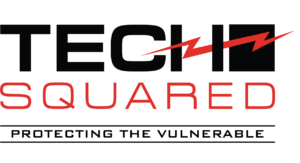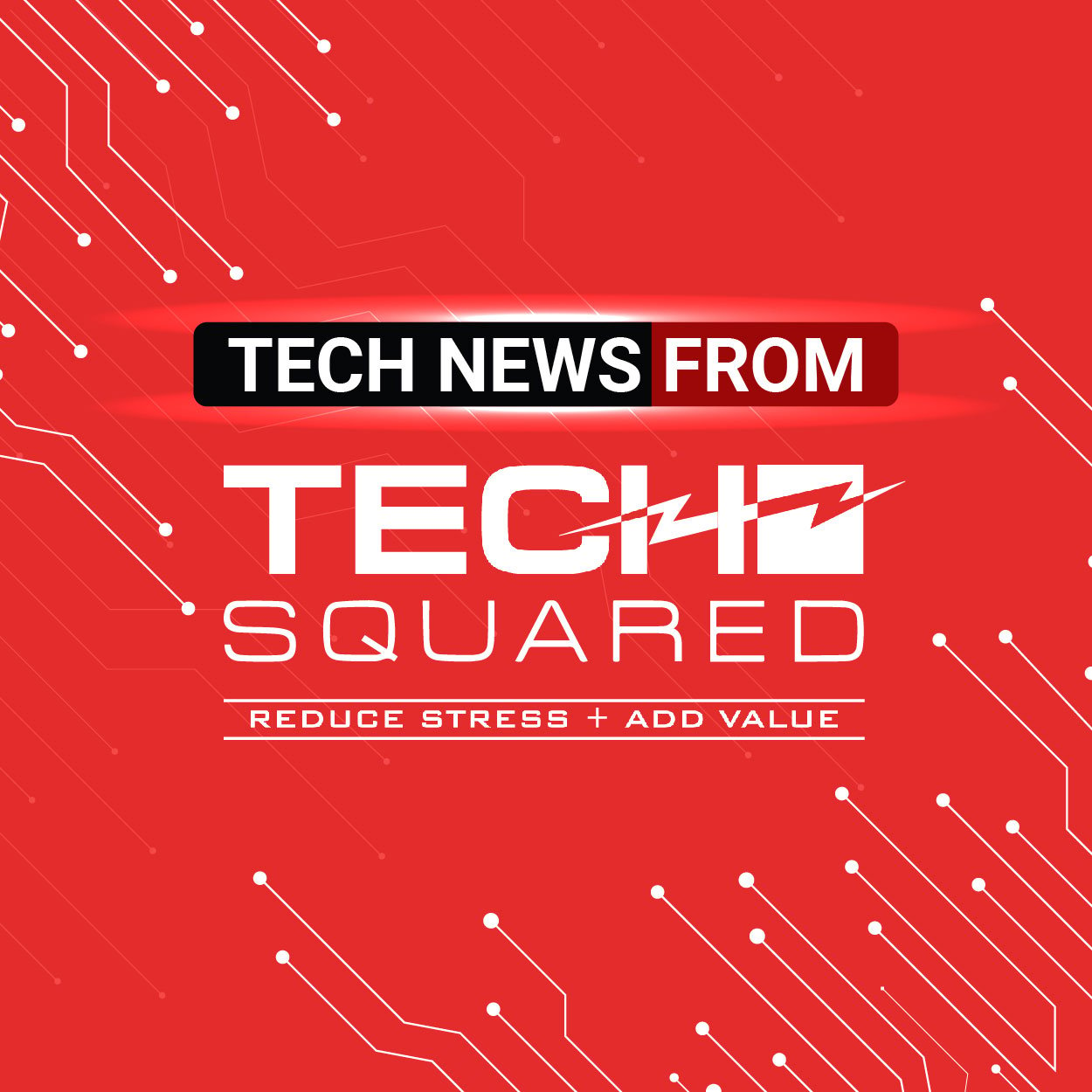Of all the many positives associated with remote work (cost-savings, flexibility, environmental impacts, and more) there is one glaring risk – cybersecurity vulnerability. According to cybersecurity experts, cyberattacks rose almost 250% during the pandemic. Because of their access to the systems of their employers, remote workers were the targets of many of these attacks.
Fortunately, Tech Squared has identified five user security best practices that are easy to implement and ensure the security of your employees, whether they are on-premise or working remotely.
Security Best Practice #1: Have a Dedicated Machine for Business Use
Whether personal or professional, a computer system that is connected to the internet is always at risk of a cyberattack. A dedicated computer for business use can greatly mitigate this risk. This computer is separated from an individual’s personal data and applications, thereby, creating a proper boundary between work and home. Dedicated workplace laptops or desktops also come equipped with additional security features like antivirus and firewalls, which are tailored for business use. This ensures that all data and communication pertaining to work are kept confidential, secure, and safe from cyberthreats.
Security Best Practice #2: Use a Virtual Private Network (VPN)
With sensitive information being transferred online, keeping that data secure is a top priority, especially in a remote work environment. One effective way to protect your information is by using a VPN. A VPN encrypts all of your online activities, making them virtually impossible to intercept. providing an added layer of security and allowing your employees to navigate the internet with peace of mind.
Security Best Practice #3: Be Mindful When Working in Public Spaces
Remote workers often utilize the freedom that comes with remote positions to spend some days working in coffee shops or to take advantage of the resources at their local library. While the change of scenery can temper the solitude associated with working from home and offer a change of scenery, working in these public spaces presents heightened cybersecurity risks. The rise of cyberthreats calls for more diligence in public spaces, where confidential information can easily be seen or stolen. This is where mindfulness plays a crucial role in protecting sensitive data. By being mindful of your actions, such as avoiding logging on to unsecured networks and avoiding suspicious emails and links, you can help prevent any data breaches and ensure the safety of sensitive personal and business information.
Security Best Practice #4: Avoid Using Public Wi-fi
Have you ever taken the time to read through the terms and conditions of a public Wi-Fi agreement? The amount of data that these public Wi-Fi networks can collect is astounding. While public Wi-Fi is unquestionably convenient, using such networks can come at a great cost to your cybersecurity. Public Wi-Fi is notoriously vulnerable to attacks, making it a prime target for the tech-savvy, malicious actors out there. By accessing a public Wi-Fi network, you expose your personal data and your company’s sensitive information to these potential threats. Instead of logging directly onto the Wi-Fi at the coffee house or your library, connect to your cell phone hotspot, or if you do connect to public Wi-Fi, immediately connect to a VPN afterward so that all your traffic is corralled and protected.
Security Best Practice #5: Two-Factor Authentication (2FA) is a Must-Do
One of the most effective ways to maintain secure access to important data is through Two-Factor Authentication. The technology does more than just provide users with a secure login system, it adds another layer of security that makes it difficult for unauthorized persons to gain access to work documents. In the absence of 2FA, a hacker can easily steal user credentials and gain unrestricted access to sensitive data. With 2FA in place, the hacker would need the user’s physical device to access data, adding an extra layer of security. As remote teams continue working from different locations and devices, 2FA is becoming increasingly crucial to maintain secure access and prevent cybersecurity issues.
Work With a Partner Who Understands the Remote Working Landscape
As more and more businesses transition to remote work, it’s crucial to partner with a managed IT services provider (MSP) who has a deep understanding of the remote working environment. Without a thorough understanding of the tools, software and infrastructure that remote work requires, less experienced IT support providers are bound to run into a variety of challenges. An expert MSP can ensure that the right tools and solutions are in place to keep businesses running smoothly and securely regardless of location.
As one of Nashville’s most experienced IT services providers, Tech Squared provides complete and scalable IT solutions that excel in today’s hybrid and remote working environment. Schedule a no-obligation consultation to discover how you can best ensure that your cybersecurity is airtight, no matter where your employees are working from.


